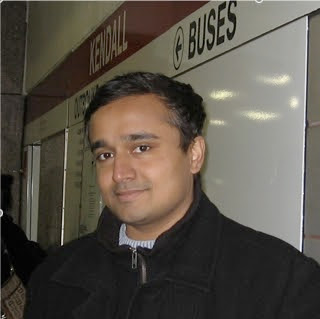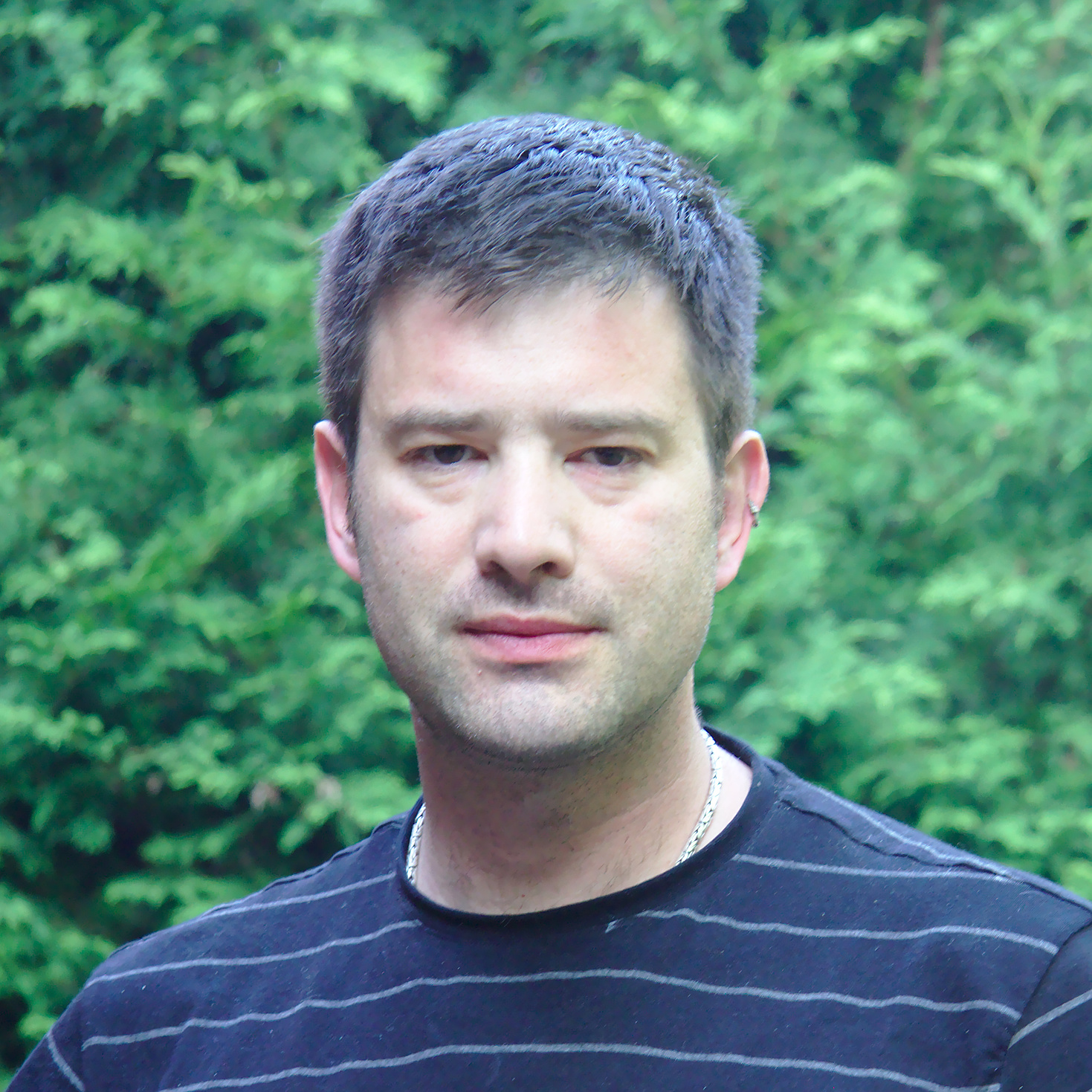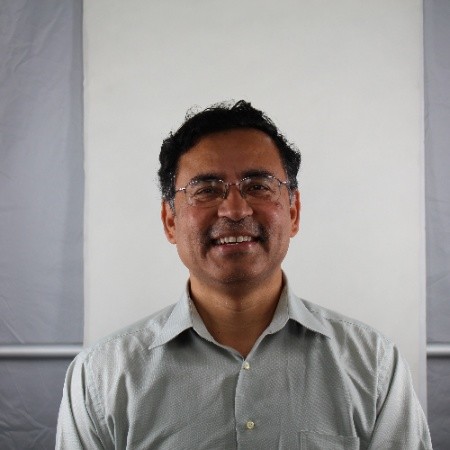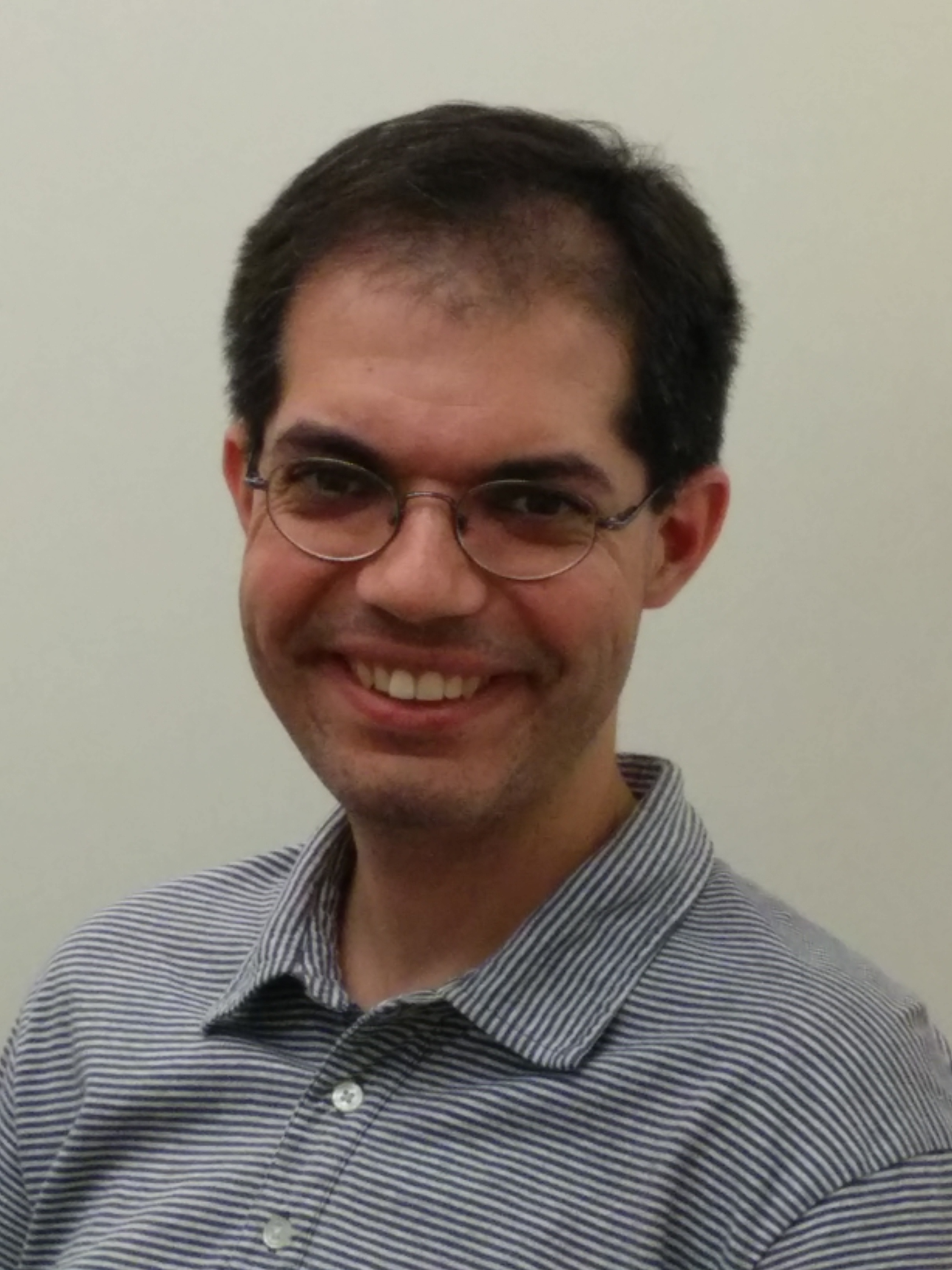
Vijay Ganesh |
Dr. Vijay Ganesh is an associate professor at the University of Waterloo. Prior to joining Waterloo in 2012, he was a research scientist at MIT (2007-2012) and completed his PhD in computer science from Stanford University in 2007. Vijay's primary area of research is the theory and practice of automated mathematical reasoning algorithms aimed at software engineering, formal methods, security, and mathematics. In this context he has led the development of many SAT/SMT solvers, most notably, STP, Z3 string, MapleSAT, and MathCheck. He has also proved several decidability and complexity results in the context of first-order theories. He has won over 25 awards, honors, and medals to-date for his research, including an ACM Test of Time Award at CCS 2016, an Ontario Early Researcher Award 2016, two Google Faculty Research Awards in 2011 and 2013, and a Ten-Year Most Influential Paper citation at DATE 2008. |
|

Arie Gurfinkel |
Arie Gurfinkel is an Associate Professor in the department of Electrical and Computer Engineering with a cross appointment at the Cheriton School of Computer Science at the University of Waterloo. Computer systems are becoming smaller, faster, pervasive, ubiquitous, mobile, connected, adaptable, and "smart". We are increasingly becoming dependent on their correct operation. Yet, developing correct systems is challenging. The goal of his research is to help developing, testing, and verifying complex computer systems through automation. Hisprimary focus areas are Automated Program Analysis, Software Model Checking, Automated Reasoning, and Abstract Interpretation. |
|

Somesh Jha |
Somesh Jha graduated with a Ph.D. in 1996 from the School of Computer Science at the Carnegie Mellon University. He is a professor in the Computer Sciences Department at the University of Wisconsin, Madison. His main areas of interests are security and software engineering |
|

Pascal Poupart |
Pascal Poupart is a Full Professor in the David R. Cheriton School of Computer Science at the University of Waterloo, Waterloo (Canada). He is the Research Director of the Waterloo Borealis AI Research Lab funded by the Royal Bank of Canada. He is a faculty member of the Waterloo AI Institute and the Vector Institute. He serves as scientific advisor for Huawei Technologies and ProNavigator. He received the B.Sc. in Mathematics and Computer Science at McGill University, Montreal (Canada) in 1998, the M.Sc. in Computer Science at the University of British Columbia, Vancouver (Canada) in 2000 and the Ph.D. in Computer Science at the University of Toronto, Toronto (Canada) in 2005. His research focuses on the development of algorithms for reasoning under uncertainty and machine learning with application to Assistive Technologies, Natural Language Processing ad Telecommunication Networks. He is most well known for his contributions to the development of approximate scalable algorithms for partially observable Markov decision processes (POMDPs) and their applications in real-world problems, including automated prompting for people with dementia for the task of handwashing and spoken dialog management. Other notable projects that his research team are currently working on include deep learning with clear semantics, structure learning, personalized transfer learning, conversational agents, adaptive satisfiability, sports analytics and stress detection based on wearable devices. Pascal Poupart received a Cheriton Faculty Fellowship (2015-2018), a best student paper honourable mention (SAT-2017), a silver medal at the SAT-2017 competition, an outstanding collaborator award from Huawei Noah's Ark (2016), a top reviewer award (ICML-2016), a gold medal at the SAT-2016 competition, a best reviewer award (NIPS-2015), an Early Researcher Award from the Ontario Ministry of Research and Innovation (2008), two Google reserch awards (2007-2008), a best paper award runner up (UAI-2008) and the IAPR best paper award (ICVS-2007). He serves as associate editor of the Journal of Artificial Intelligence Research (JAIR) (2017 - present), member of the editorial board of the Journal of Machine Learning Research (JMLR) (2009 - present) and guest editor for the Machine Learning Journal (MLJ) (2012 - present). He routinely serves as area chair or senior program committee member for NIPS, ICML, AISTATS, IJCAI, AAAI and UAI. His research collaborators include Borealis AI, Huawei Technologies, Google, Intel, Ford, ProNavigator, SportLogic, Scribendi, Kik Interactive, In the Chat, Slyce, HockeyTech, the Alzheimer Association, the UW-Schlegel Research Institute for Aging, Sunnybrook Health Science Centre and the Toronto Rehabilitation Institute. |